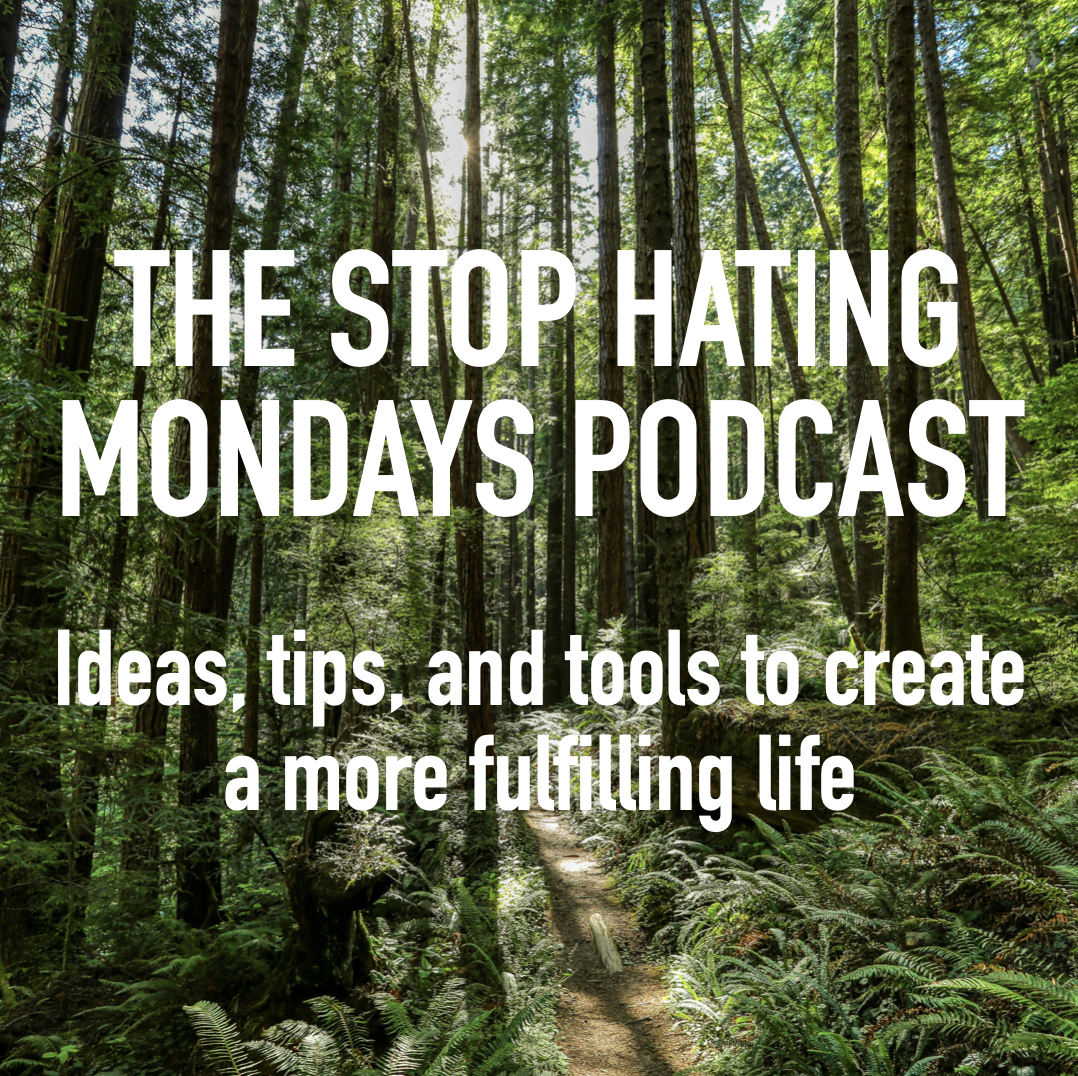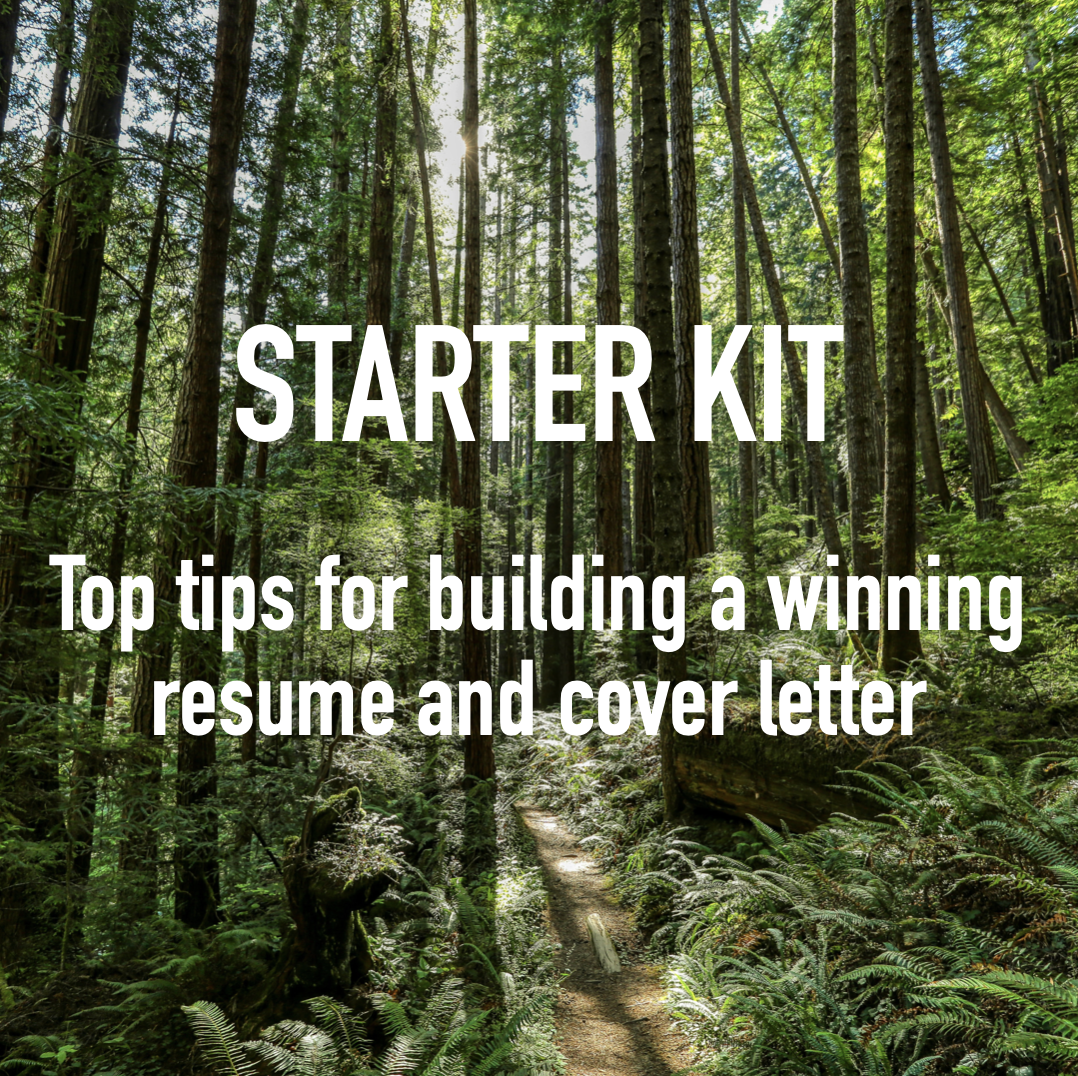How to Sell Yourself – The Stop Hating Mondays Podcast
Kent R.
When it comes to searching for a job, completing a self-review, or negotiating a salary, a lot of people find themselves in a really weird and uncomfortable place. On one hand, they know they have to talk about themselves. On the other hand, they hate talking about what they've accomplished because they feel like they're bragging.
So what do you do?
On this episode of the Stop Hating Mondays Podcast, we're providing some tips to help you get more comfortable with the idea of selling yourself and for how to do it effectively.
TRANSCRIPT
(Transcripts are auto-generated and may contain minor errors)
Caanan
Some people just love to tell you how great they are. And let's be honest, for the most part, those people are pretty darn annoying.
But sometimes you just have to toot your own horn. Actually, no, you need to toot your own horn.
And that brings us to the world of work.
When it comes to searching for a job, completing a self-review, or negotiating a salary, a lot of people find themselves in a really weird and uncomfortable place.
On one hand, they know they have to talk about themselves, but on the other hand, they hate talking about what they've accomplished because they feel like they're bragging, and they don't want to be one of those people we talked about at the beginning of this podcast.
So what do you do? You know you need to sell yourself, but you don't know how to do it without sounding full of yourself.
Well, good news! We've got your back on this episode.
We're going to provide some tips to help you get more comfortable with the idea of selling yourself and give you some tips for how to do it effectively.
I'm Caanan here with Kent and on this episode of the Stop Hating Mondays podcasts we're talking about how to sell yourself?
Caanan
Well, we should clear something up right away.
Selling yourself in a professional setting is not bragging.
Kent
Yeah, I second that yeah.
Caanan
No. Bragging is boring your book club with, you know, pictures from your latest trip to the Caribbean or boring a friend with details about how you remodeled your closet.
Nobody wants that.
This is a completely different thing. And, in fact, selling yourself is a basic professional skill, so you can just forget the idea that selling yourself is bragging. In fact, Kent, you said this in a previous podcast… This is self-advocacy.
And so I'm just going to say it again because it's our first tip. Selling yourself is not bragging.
Kent
Yeah, understand that selling yourself is not bragging. If you understand only one thing, understand that. And as you were as you were speaking, I was thinking about this season of the podcast where we're answering the questions that we probably get most frequently. And as I was pondering this topic in the other topics, I was thinking that it's the same basic themes that start to emerge. A lot of the same kinds of tools or branches off core tools.
That really start to exist and so many of them are grounded. Then self-knowledge, confidence, knowledge of the world of work. Just basic empowerment stuff.
Things we address in season one of the podcast, where we talk about to us the most important and rudimentary things regarding, you know, career success.
Success within your work group. Success within your company so.
Caanan
Yeah, these are foundational things.
Kent
Here we are again.
Talking about the need to advocate for yourself because your employer is not going to do that for you.
The reason it's tough to do these things, and the reason we get this question all the time – even when we're working with a corporation… Companies really don't want to spend too much time talking to you about your success orientation because they want to keep you feeling productive – feeling good, but mostly focusing on your job.
Caanan
But not too good.
Kent
And, yeah, and feeling a little bit behind.
You know, as I've said before, so many companies we've worked with like to get a lot of high achievers together and just kind of let them work themselves to death or exhaustion.
So yeah, you have got to understand that selling yourself is not bragging.
It is what you need to do to switch careers.
Caanan
It's a fundamental skill. Selling yourself is a fundamental skill. View it as that. Recognize that it's not bragging and own your achievements.
Caanan
Well, we already made it pretty darn clear that selling yourself isn't bragging, yeah?
You can intellectualize that, but it still may not be comfortable for you to talk about yourself or sell yourself.
So how about letting something else do the selling for you?
I bet that sounds really nice to a lot of people.
Well, that brings us to our second tip. You have that at your disposal, and that's why we say, back things up with metrics. And always, when possible, quantify your impact.
You can let the numbers do the work.
Kent
Yeah, it's funny.
This is another strange one.
I think of this recent example we have helping a company hire and one of the candidates just saying, you know, I helped my previous [insert major tech company] implement a – it was like a $62 million initiative – and the candidate went on to say “oh, but I didn't do it myself! I had help!” and just started minimizing their contribution… Their impact
So really own the metrics. Own your impact.
Use the data as – I think you were saying, you know – as a way to sort of remove the focus from you, it almost depersonalizes it. In that you know what you’ve done and these metrics speak for themselves. And certainly do not feel like you have to make it clear, like “Oh, I only did this little small part.” Or, you know, again, these things that are often instilled in us when it comes to review time and companies want to make sure you're reminded, like, well, you just had a small hand in that.
Yeah, you know you don't want to take that language outside of your company.
You want to fully own your achievements and your impact, knowing that – upon further examination – the scale of it can be delved into if needed, but that future employers or this place where you want to land with your fresh new career will know you know most of the time you don't do anything yourself.
Caanan has a great road analogy, I'll call it, that you'd like to share with our clients when they talk about this.
Caanan
Well, you took this in a very interesting direction.
I'm so glad you did because it does come up a lot where people want to downplay their own achievements and are worried about not talking about how many people were part of an achievement.
Well, yeah, to your point, I like to say…
When you say you drove to work in the morning, you don't qualify that by saying, “but I didn't build the roads and I didn't put in the stoplights and I didn't manufacture the car.”
No, people understand that that didn't happen in a vacuum.
Kent
You had a part to play.
And you don't have to speak to, “Well, first the roads were built” and yeah…
Caanan
You can own having driven to work in the morning, just as you can own your part in a major achievement at work.
It's good at times to highlight that an achievement was a partnership. That's great, because that's an important skill, but for the most part, you should be focusing on owning that achievement…. Well, that's it.
Own your achievements.
Period.
Caanan
Well, this is an interesting next tip based on what we just got into.
A lot of people think talking about achievements – it feels like they're making it all about them.
Yeah, well it is to a certain degree, and that's how it should be.
You're selling yourself.
But if you really want to counter that feeling, I'm going to throw out a third tip that I think will be very helpful.
Build others up.
Kent
This is great.
It's something we talk about all the time.
You know we start working with workgroups where they're high performing, but not maximized, and they're full of people who… “well, I don't know about my contribution or it was only part of that, or I can't think of what I did.” All this stuff.
And when we implement this trick which is “build others up,” it can completely change how you look at your own career and how you perform within your workgroup. So if you are building others up, then it's easier for you to own your own successes, your own achievements, your own impact.
You are fostering a culture of shared excellence. You're recognizing others and encouraging others to share their wins. You're advocating for her colleagues and asking for their support. You're making it normal to celebrate success, and therefore it makes it normal for you to feel like you can achieve tip #2
Which is sharing your own success and impact.
Caanan
Absolutely.
And you know what?
I'll just add to that that if you are successful in building a culture or promoting a culture of shared excellence and shared success – no, not shared successes – but you're recognizing other people successes, that's an achievement.
Yeah, because you're doing that…
Kent
I love that.
So you're changing the culture and you're getting an achievement under your belt.
Caanan
Yeah, so own that one.
Kent
You should take credit for it.
Caanan
There are three tips on how to sell yourself.
First, and most importantly, recognize that selling yourself is not bragging.
Secondly, back things up with metrics. Quantify your impact
And third. Build others up.



